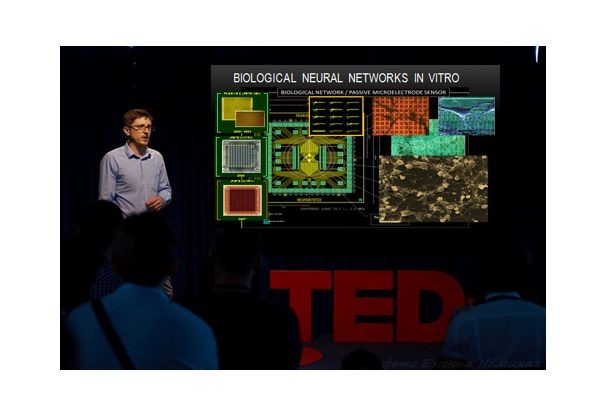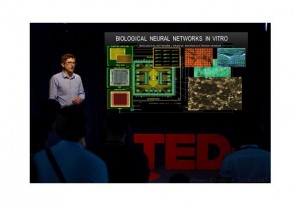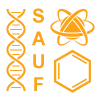Time to INVEST in Brain Sciences!

Our brain stores and processes a huge body of diverse information, spending a negligible amount of energy on this process. Creation of a similar artificial media for storage and processing of information has for many years been a challenge for thousands of scientists around the world. Most often, they work in the framework of large-scale national scientific programs uniting thousands of scientists, hundreds of laboratories and attracting investments of billions of dollars. The slogan of the Brain Initiative program announced by the President of the United States says, “Today is the time to invest in brain sciences!” It doesn’t say support or subsidize but invest! The brain science can become the engine to push humanity far beyond.
Belarus is also moving in this direction. Research in the field of neural networks and artificial intelligence (AI) has been carried out in our country for more than 10 years already. Most works fall within the framework of the national programs “Convergence 2020”, “Informatics, Space, and Security”. The research is sponsored by interested private companies, as well as science-oriented charitable foundations.
One of the most challenging areas in creating AI is growing biological neural networks. This task represents the research interest of a dozen laboratories around the world including the Laboratory of Cell Engineering and Bio- and Nanotechnology of BSU. Together with physiologists from the Academy of Sciences, the Laboratory develops methods and equipment for growing neural networks with a total of up to several dozen million cells. The main technical task of their work is to provide for physical contact with biological networks. The Laboratory develops microelectrode arrays – electronic chips with numerous electrodes for electrical stimulation of neural networks and record of information they transmit. Scientists can already train neural networks to perform special tasks using an appropriate stimulation mode. The interaction has involved a small number of cells to date, but the scientists plan to use these neural networks to control simple robotic systems in the nearest future.
Links:

Pavel Bulai, Candidate of Physical and Mathematical Sciences, Associate Professor of the Department of Biophysics of the Belarusian State University.
Natural Intelligence Under Unnatural Conditions Report at the TEDx Niamiha conference.
